| · Albanian (Albania, Yugoslavia) |
|
· Po |
| · Alsacian (Alsace France) |
|
· Ja |
| · Altai (Russia) |
|
· Eye |
| · Anglo-Saxon (England) |
|
· Gese |
| · Anglo-Saxon (England) |
|
· Gise |
| · Arberesh (Hora e Arbereshevet Italy) |
|
· O |
| · Arberesh (Sicily Italy) |
|
· Arra |
| · Armenian [Eastern] (Armenia) |
|
· Ha |
| · Aromunian (Greece, Balkans) |
|
· E |
| · Asturian (Spain) |
|
· Si |
| · Bashkir (Russia) |
|
· Eye |
| · Basque (France, Spain) |
|
· Bai |
| · Belorussian (Belarus) |
|
· Tak |
| · Bosnian (Bosnia and Hercegovina) |
|
· Da |
| · Bosnian (Bosnia and Hercegovina) |
|
· Aha |
| · Breton (Brittany France) |
|
· Ya |
| · Breton (Brittany France) |
|
· Eo |
| · Brigidian (western Ireland) |
|
· Quai |
| · Bulgarian (Bulgaria) |
|
· Da |
| · Catalan (France, Spain, Andorra) |
|
· Sí |
| · Chukchee (Russia) |
|
· I |
| · Chuvash (Russia) |
|
· Chapla |
| · Cornish [Kemmyn] (Great Britain) |
|
· Usi |
| · Cornish [modern] (Great Britain) |
|
· Eah |
| · Cornish [unified] (Great Britain) |
|
· Usy |
| · Cornish (Great Britain) |
|
· Ya |
| · Corsican (Corsica) |
|
· Si |
| · Corsican (Corsica) |
|
· Iè |
| · Croatian (Croatia, Bosnia, Herzegovina) |
|
· Da |
| · Czech (Czech Republic) |
|
· Ano |
| · Czech (Czech Republic) [informal] |
|
· Jo |
| · Danish (Denmark, Greenland) |
|
· Ja |
| · Danish (Denmark) [to negative questions] |
|
· Jo |
| · Dutch (Netherlands, America, Asia) |
|
· Ja |
| · English [old English] (old Britain) |
|
· Giese |
| · English [old English] (old Britain) |
|
· Gea |
| · English [old English] (old Britain) |
|
· Yea |
| · Erzya (Russia) |
|
· Nama |
| · Estonian (Estonia) |
|
· Jaa |
| · Estonian (Estonia) |
|
· Jah |
| · Estonian (Eastern Kodavere Estonia) |
|
· Jahki |
| · Estonian (Prangli Estonia) |
|
· Neh |
| · Estonian [Old Estonian: archaic] (Estonia) |
|
· Neh |
| · Finnish (Finland) |
|
· Kyllä |
| · Finnish (Finland) [informal] |
|
· Jep |
| · French (France) [to negative questions] |
|
· Si |
| · Frisian (Netherlands) |
|
· Ja |
| · Friulian (Italy) |
|
· Sì |
| · Gagauz (Moldova) |
|
· Yola |
| · Galician (Spain) |
|
· Si |
| · Gallo (Britany Northern France) |
|
· Yen |
| · Gallo (Britany Northern France) |
|
· Yan |
| · Gascon (France) |
|
· Oc |
| · German (Central Europe) |
|
· Ja |
| · German (Cent.Eur.) [to negative questions] |
|
· Doch |
| · German (Bavaria Germany) |
|
· Jå |
| · German [Thuringian] (Thuringia Germany) |
|
· Na |
| · German [Swabian] (Germany) |
|
· Jå |
| · Greek [Hellenic] (Greece, Cyprus) |
|
· Ne |
| · Greek [old] (former Greek Empire) |
|
· Né |
| · Griko (Salento Italy) |
|
· U’mme |
| · Hungarian [Magyar] (Hungary) |
|
· Igen |
| · Icelandic (Iceland) |
|
· Já |
| · Ingush (Russia) |
|
· Hwa’a |
| · Inuttut [Greenlandic] (Greenland) |
|
· Aap |
| · Irish (Ireland) [it is] |
|
· Isea |
| · Italian (Central Europe, E Africa) |
|
· Sì |
| · Kalmyk (Russia) |
|
· E |
| · Karelian (Finland, Russia) |
|
· Da |
| · Karelian (Finland, Russia) |
|
· Kyllä |
| · Khakas (Siberia Russia) |
|
· Ya |
| · Komi-Permyak (Russia) |
|
· No |
| · Komi-Permyak (Russia) |
|
· Nu |
| · Komi-Zyryan (Russia) |
|
· Da |
| · Koryak (Russia) |
|
· O |
| · Ladin (Italy) |
|
· Sci |
| · Langue d’oïl [old] (France) |
|
· Oïl |
| · Latin (ancient Rome, Vatican) |
|
· Ita |
| · Latin (ancient Rome, Vatican) |
|
· Itavero |
| · Latin (ancient Rome, Vatican) [true] |
|
· Certe |
| · Latin (ancient Rome, Vatican) [right] |
|
· Recte |
| · Latvian (Latvia) |
|
· Ja |
| · Lithuanian (Lithuania) |
|
· Taip |
| · Lithuanian (Lithuania) [very informal] |
|
· Aha |
| · Lithuanian (Lithuania) [very informal] |
|
· Mhm |
| · Livonian (Latvia, Estonia) |
|
· Nä |
| · Low Saxon (Eastern Friesland) |
|
· Ja |
| · Low Saxon [Northern] (Lowlands Germany) |
|
· Jaa |
| · Low Saxon [Northern] (Fehrs Guild |
|
· Germany)Ja |
| · Low Saxon [Westphalian] (Germany) |
|
· Jau |
| · Ludian (Russia) |
|
· Muga |
| · Luxemburgish (Luxemburg) |
|
· Jo |
| · Macedonian (Macedonia) |
|
· Da |
| · Mae [Emwae] (New Hebrides Island) |
|
· Ido |
| · Mae [Emwae] (New Hebrides Island) |
|
· Io |
| · Maltese (Malta) |
|
· Iva |
| · Manx (Britain) [yes indeed] |
|
· Abbyreh |
| · Manx (Britain) [yes indeed] |
|
· Gynourys |
| · Manx (Britain) [yes indeed] |
|
· Shedyjarroo |
| · Manx (Britain) |
|
· Seadh |
| · Mari [Hill Mari] (Russia) |
|
· Manye |
| · Mari [Meadow Mari] (Russia) |
|
· Anye |
| · Mari [Meadow Mari] (Russia) |
|
· Iye |
| · Mari [Meadow Mari] (Russia) |
|
· Tuge |
| · Middle English (old England) |
|
· Yis |
| · Middle English (old England) |
|
· Yus |
| · Monegasque (Monaco) |
|
· Sci |
| · Nenets (Russia) |
|
· Nyeya |
| · Nganasan (Russia) |
|
· Yy |
| · Nganasan (Russia) |
|
· Tê |
| · Norwegian [Nynorsk, Bokmaal] (Norway) |
|
· Ja |
| · Norwegian [Sortlandsk] (Sortland Norway) |
|
· Jo |
| · Palatinian (Southwestern Germany) |
|
· Jo |
| · Piedmontese (Piemonte Italy) |
|
· Eoj |
| · Plattdeutsch (Germany) |
|
· Jo |
| · Polish (Poland) |
|
· Tak |
| · Portuguese (Portugal, Brazil) |
|
· Sim |
| · Provencal [Occitan] (France) |
|
· Òc |
| · Provencal [Occitan] (France) |
|
· Oí |
| · Prussian [old] (Prussia) |
|
· Ja |
| · Romani [Vlax] [Gypsy] (Europe) |
|
· Va |
| · Romani [Sofia Erli] (Bulgaria) |
|
· Va |
| · Romani [Romany] [Gypsy] (Europe) |
|
· Hai |
| · Romanian (Romania) |
|
· Da |
| · Romansch (Switzerland) |
|
· Gea |
| · Russian (Russia) |
|
· Da |
| · Russian (Russia) [informal] |
|
· Aga |
| · Russian (Russia) [slang] |
|
· Nu |
| · Saami [Davvi Saami] (Scandinavia) |
|
· Joo |
| · Saami [Davvi Saami] (Scandinavia) |
|
· Lea |
| · Saami [Davvi Saami] (Scandinavia) |
|
· Delea |
| · Saami [Inari Saami] (Scandinavia) |
|
· Gal |
| · Saami [Inari Saami] (Scandinavia) |
|
· Kal |
| · Saami [Skolt Saami] (Scandinavia) |
|
· Naa |
| · Saami [Skolt Saami] (Scandinavia) |
|
· Kaéll |
| · Sardinian (Italy) |
|
· Eja |
| · Sarnami (Suriname, Holland) |
|
· Hañ |
| · Savonian (Ylä-Savo Finland) |
|
· Jotokkiisa |
| · Scots (Scotland) |
|
· Aye |
| · Scots [Ulster Scots] (Northern Ireland) |
|
· Ay |
| · Scottish Gaelic (Scotland) |
|
· Gudearbh |
| · Scottish Gaelic (Scotland) |
|
· Aidh |
| · Serbian (Bosnia, Yugoslavia) |
|
· Da |
| · Setu (Southern Estonia) |
|
· Jah |
| · Shor (Russia) |
|
· Eze |
| · Sicilian (Sicily Italy) |
|
· Si |
| · Slovak (Slovakia) |
|
· Áno |
| · Slovenian (Slovenia) |
|
· Da |
| · Slovenian (Slovenia) |
|
· Ja |
| · Sorbian (eastern Germany) |
|
· Haj |
| · Sudovian [Jatvingian] (Baltic region) |
|
· Jâ |
| · Sursilvan (Switzerland) |
|
· Gie |
| · Svan (Georgia) |
|
· Aadw |
| · Swabian (Central Europe) |
|
· Jå |
| · Swedish (Sweden, Finland) |
|
· Ja |
| · Swedish (Sweden) [to negative questions] |
|
· Jo |
| · Tatar (Russia) |
|
· Aye |
| · Turkish (Turkey, Northern Cyprus) |
|
· Evet |
| · Tuvan (Russia) |
|
· Iye |
| · Udmurt (Russia) |
|
· Ben |
| · Udmurt (Russia) |
|
· Bon |
| · Udmurt (Russia) |
|
· O-o |
| · Udmurt (Russia) |
|
· Y-y |
| · Ukrainian (Ukraine) |
|
· Tak |
| · Valencian (Spain) |
|
· Si |
| · Veps (Russia) |
|
· Ka |
| · Võru (Võrumaa Estonia) |
|
· Jah |
| · Võru (Võrumaa Estonia) |
|
· Ja |
| · Votic (Russia) |
|
· Da |
| · Votic (Russia) |
|
· Jaa |
| · Welsh (Wales) |
|
· Ie |
| · Welsh (Wales) |
|
· Oes |
| · Welsh (Wales) [past tense] |
|
· Do |
| · Yiddish (Europe) |
|
· Ye |
| · Yiddish (Europe) |
|
· Yo |
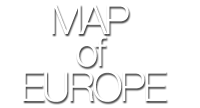
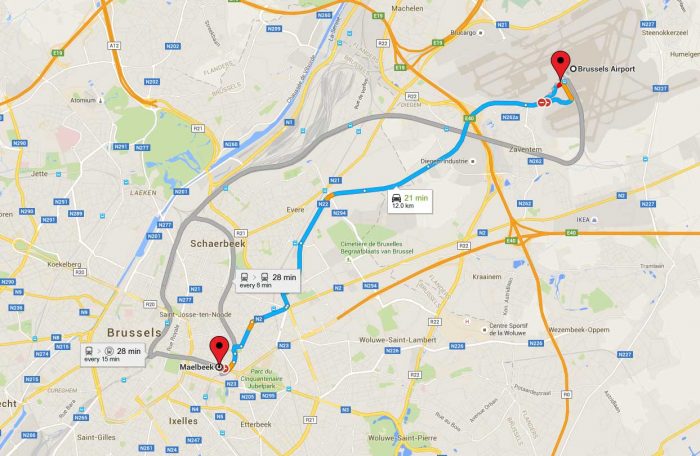
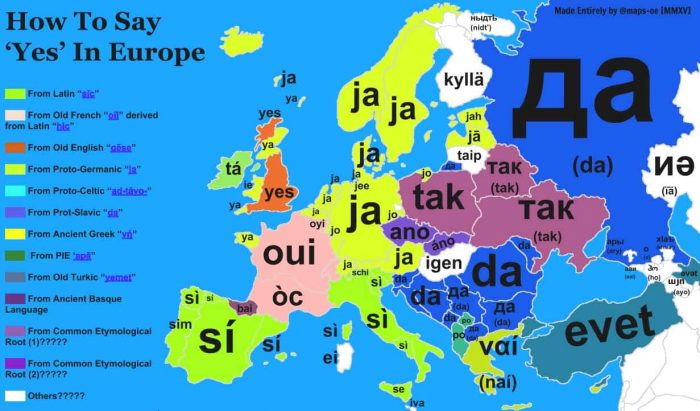
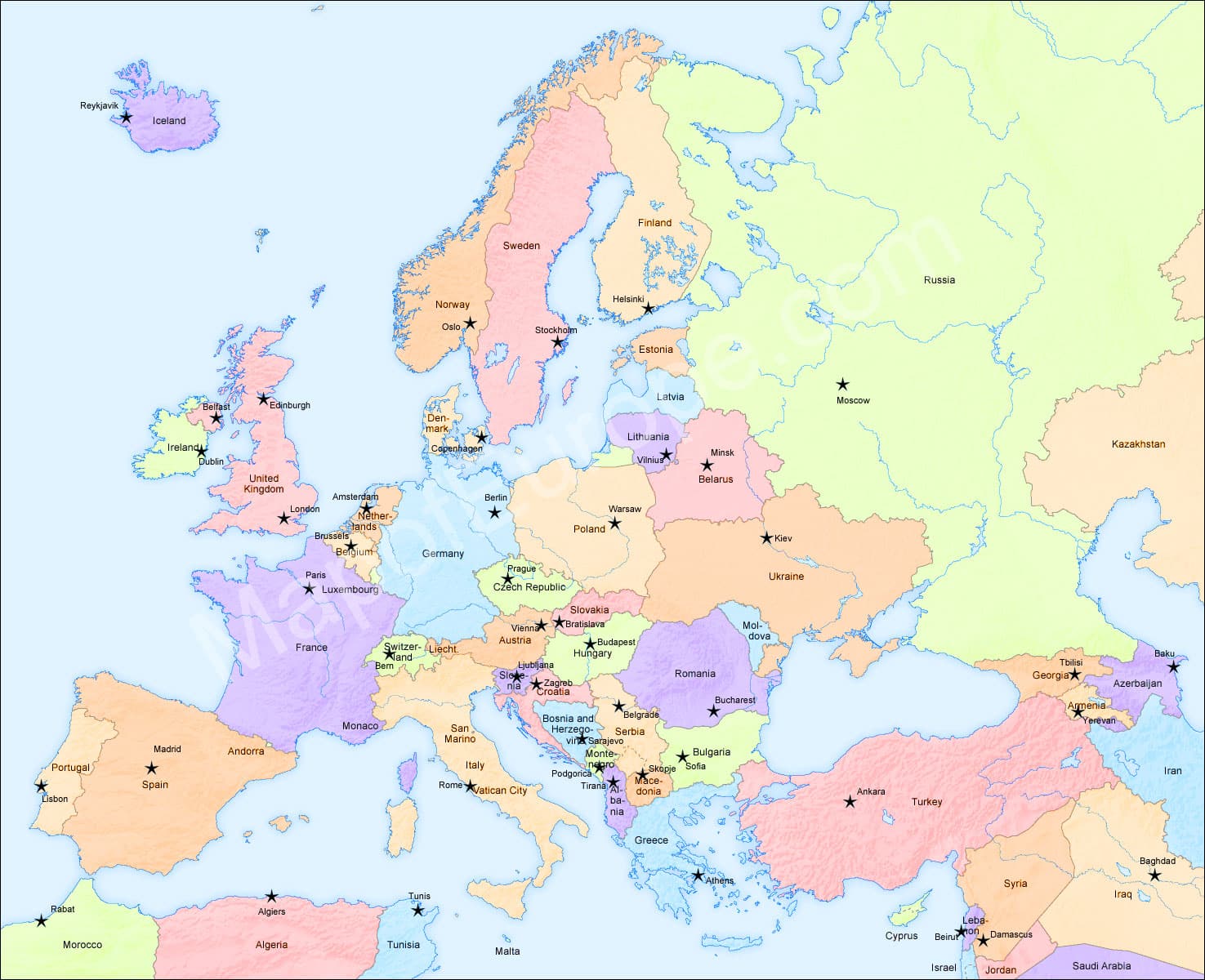
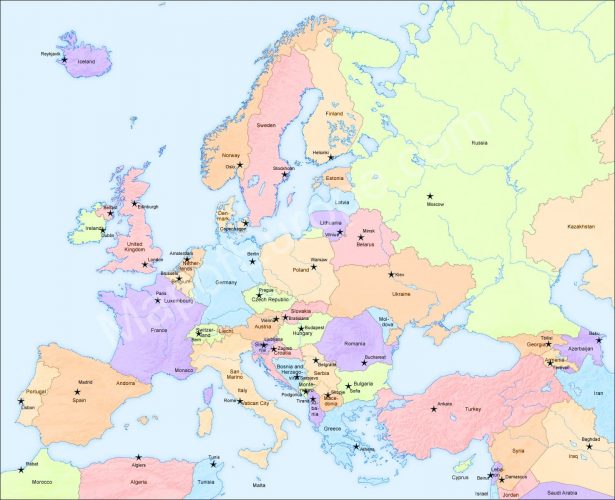
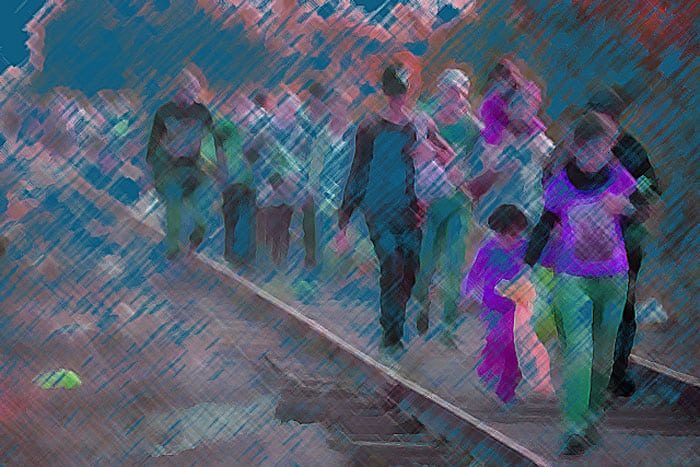 The migrant crisis in Europe is heading towards disaster. With estimates of 16 million refugees fleeing the war in Syria and many hoping to make a new home in Europe, Donald Tusk has blatantly told economic migrants to stay away.
The migrant crisis in Europe is heading towards disaster. With estimates of 16 million refugees fleeing the war in Syria and many hoping to make a new home in Europe, Donald Tusk has blatantly told economic migrants to stay away.